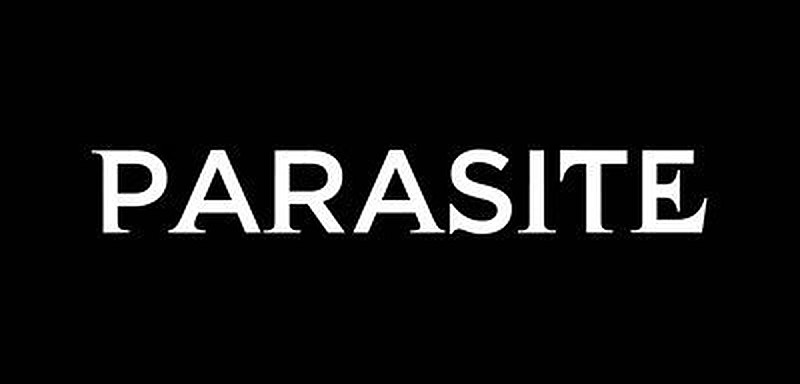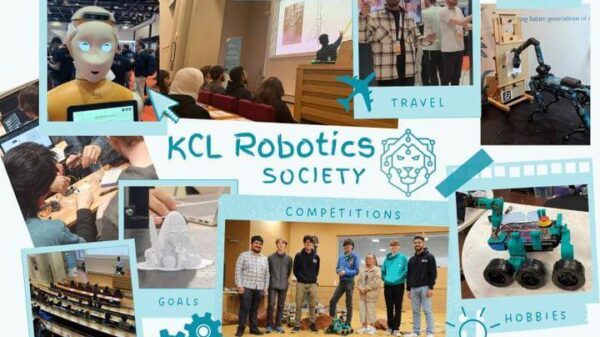Roar writer Ally Azyan on Parasite and how its lessons on inequality are seen in the age of Covid-19.
By now, many of us have heard of the critically acclaimed Korean movie that has garnered numerous film awards, from e.g. the Palme d’Or, the Oscars, the Golden Globes. It is a story about how a poor family manages to find employment from a rich, naïve one by taking on separate identities. However, it is much more than that.
This film was enjoyed by many, including celebrities who were probably unaware of the subliminal message that the director, Bong Joon-Ho was trying to send. Elon Musk and Chrissy Teigen expressed their love for it on Twitter which made a lot of us wonder whether they really understood the mockery behind it.
Inequality
Of course, a large aspect of the movie is inequality where we see two very different types of lives at both ends of the economic spectrum. The Kim family live in a basement with a lack of access to wi-fi and struggle to pay their bills due to unemployment. They try to generate income by folding pizza boxes. On the other hand, we see the Park family who lives a lavish life in their large, modern home which has a minimalist décor.
The Kims’ represent those in society who are below the poverty line. They do not have many connections, access to higher education, money to have a proper meal. Instead, they are plagued by ‘Mr Kim’s smell’ (an unpleasant scent which reminds everyone of their inability to gain luxuries), job insecurities and vulnerability to natural disasters. The Parks represent the small percentage in society that have access to almost anything and are able to use their power to manipulate situations for their own ends.
This can be seen today whereby celebrities are being tested for Covid-19 easily. An example would be Idris Elba who was infected after meeting someone who tested positive for the disease. He did not even have to show any symptoms in order to be tested which angered many. Why do celebrities get preferential treatment? Are non-celebrities not humans? In the UK, it is probable that there are thousands more with the disease who are untested, due to the insufficiency of testing kits, meaning that they have to live in uncertainty. Are we not important too? Don’t we all play an essential part in the contribution towards the economy?
It is evident that although we live in a society where we are slowly becoming aware of our privileges and the large wealth gap created by the capitalist system, we are still stuck in the same position where the rich are favoured. Money is power and power is everything. Unfortunately, not all of us have that. A King’s student, Ana Militaru sums this up well: “Bong Joon-ho’s grim social satire is nothing short of incredible. When we’re starting to believe that we have found a way to tackle inequality around the world, Parasite brings us back to the brutal reality”.
Language Barrier
Parasite has also posed as a challenge to the western world, revealing the persistence of xenophobia. Many on social media expressed their distaste to watching a foreign movie, let alone Asian, with English subtitles. Even notable figures such as Donald Trump and Jon Miller mock the success of the movie, which, personally only showed their narrow mindedness to the Asian entertainment industry. As Bong Joon-Ho said in his speech at the Golden Globes, “Once you overcome the one-inch-tall barrier of subtitles, you will be introduced to so many more amazing films”.
The xenophobia exposed by Parasite’s success feels eerily similar to the outbreaks of racism seen in the west over Covid-19. Although there are cases all over the world, its origin in China has led people to attack and bully people of Asian heritage. Donald Trump has begun referring to Covid-19 as “China Virus”.
Perhaps after this breakthrough, more non-English speaking films will be embraced and accepted easily by the rest of the world because there is nothing to stopping us from enjoying a well-produced movie. And perhaps these new films will make us more well-equipped to take on world issues without the rise of xenophobic attitudes.















